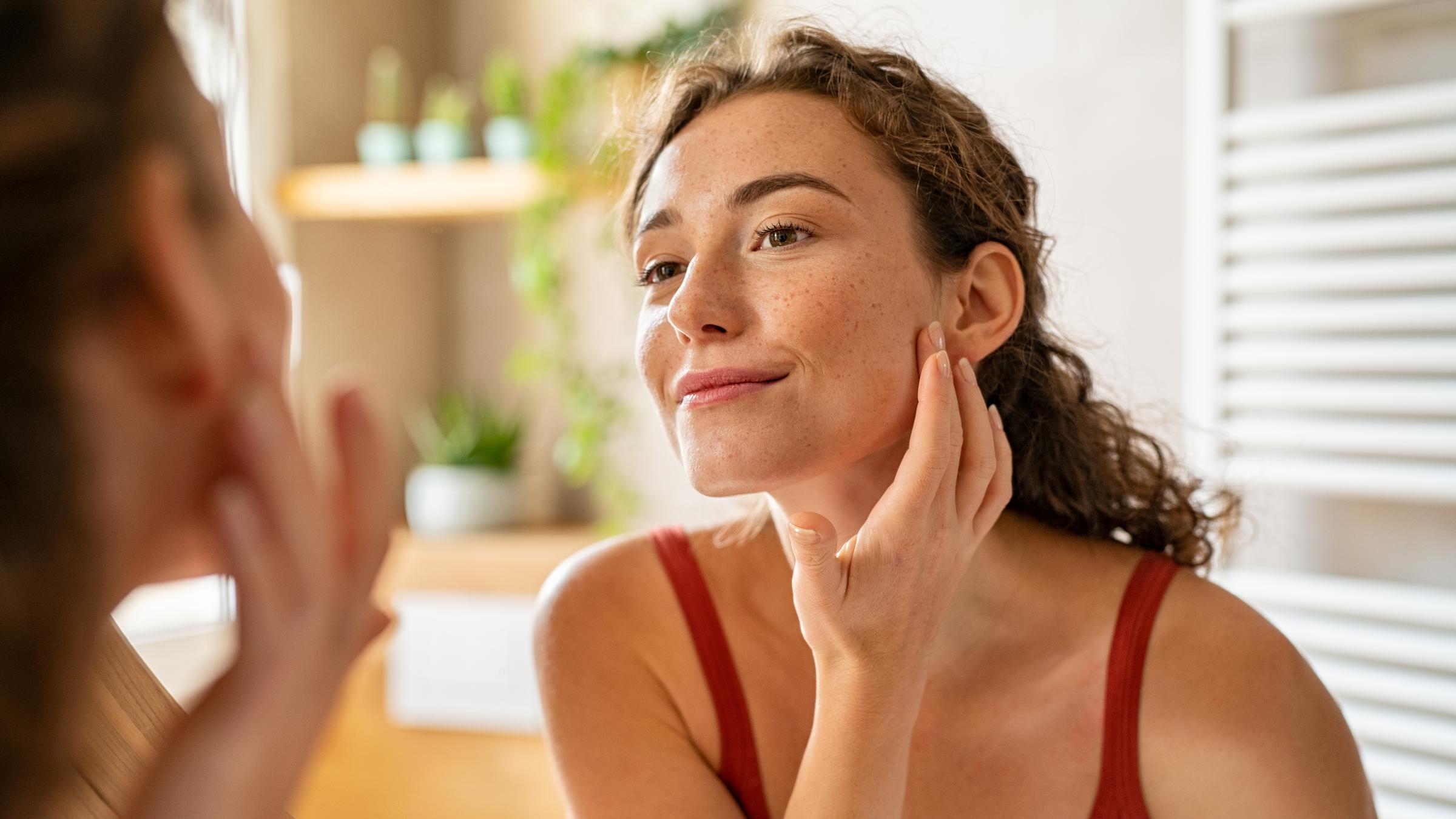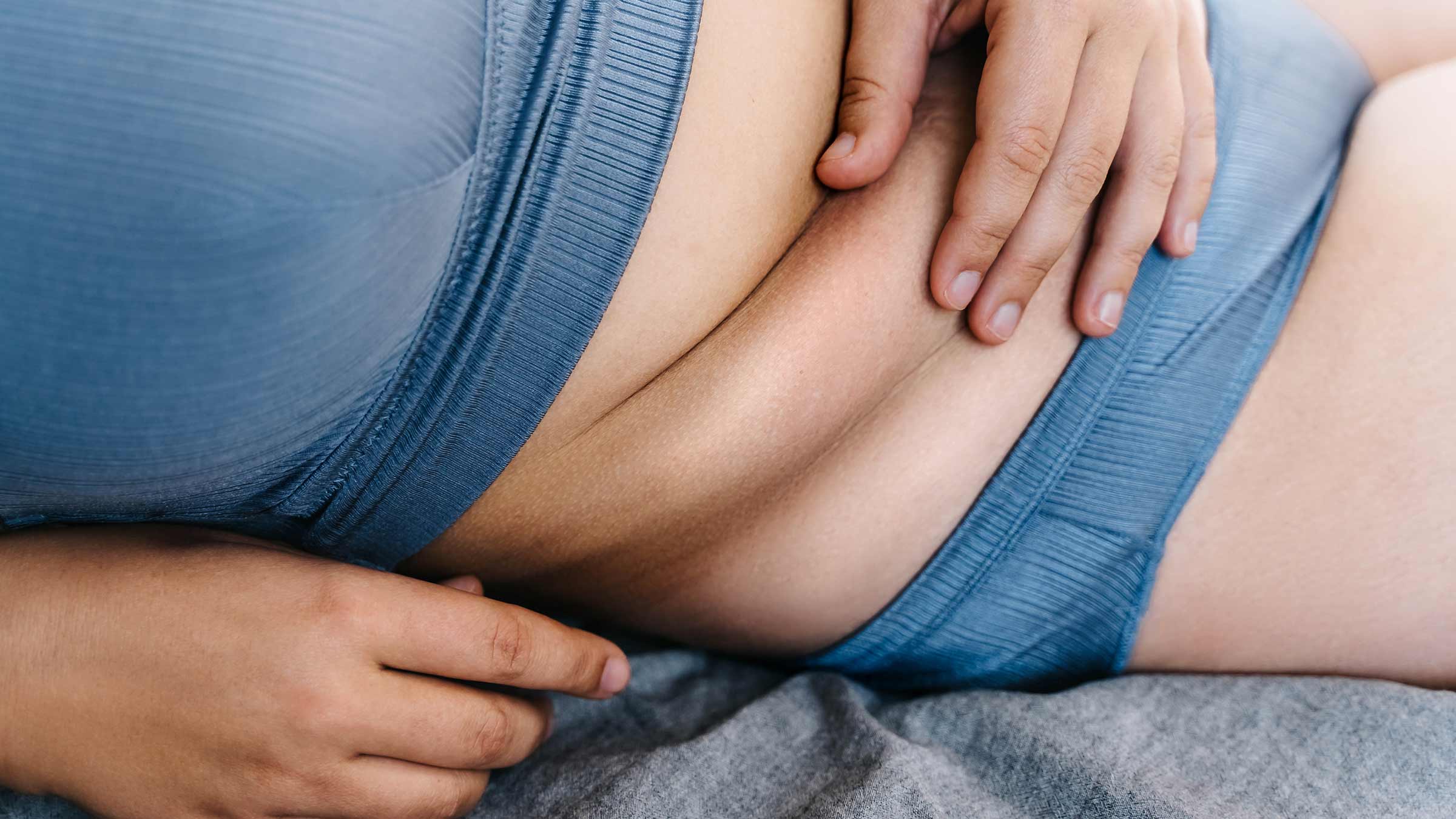
If you’re hoping to improve your skin — fade signs of chronic sun damage, acne or its remaining scars — retinoids may help.
Retinoids are a class of chemical compounds that come from vitamin A. Often an ingredient in skin medication, retinoids can be taken as pills or as a lotion you can directly apply.
By blocking substances in the body that cause inflammation and increasing the production of collagen, retinoids can help reduce wrinkles and other signs of aging. If you struggle with acne, retinoids can help unclog pores and reduce acne outbreaks along with improving any remaining scars.
What’s the difference between retinoids and retinol? What are examples of retinoids?
Retinol is a type of retinoid that can be purchased over the counter. It can be used to improve pigmentation and texture of your skin. Other examples of topical retinoids include adapalene (also available over the counter), and tazarotene and tretinoin, which require a prescription. An example of an oral retinoid is isotretinoin, which is available by prescription for severe acne.
What are retinoids used for?
A lot of skin conditions can be treated with retinoids, including:
- acne
- sun damage
- fine lines
- psoriasis
- flat warts
- melasma and other disorders associated with skin color
Who should use retinoids?
To determine if you may be a good candidate for a topical retinoid for your skin concerns, visit a board-certified dermatologist.
If someone decides to use retinoids, how can they get the best results?
Topical retinoids should slowly be worked into your skin care routine so your skin doesn’t get too dry. A pea-sized drop spread into a thin layer can be applied to the entire face. I recommend starting out by using it every third night for about one week, increasing to up to every night — if your skin tolerates it.
Each time you apply a retinoid, you can follow up with a gentle moisturizer that’s noncomedogenic, meaning it doesn’t clog pores. If your skin is irritated afterward, you can also try applying moisturizer onto your skin before putting on the retinoid. That could reduce skin irritation.
What are the side effects of retinoids?
The most common side effect of topical retinoids is skin irritation. The skin can turn red and peel. Around your mouth, the skin is the most sensitive to topical retinoids, so some may need to limit or avoid applying topical retinoid to this area. Using a moisturizer either immediately following or immediately prior to applying the retinoid can help minimize the side effects.
Most people are better able to tolerate the topical retinoid with time and by slowly ramping up or ramping down how much they apply.
What to expect when using retinoids
Expect several months of treatment before seeing results. Retinoids that you apply to your skin make the skin more sensitive to sunlight, so it’s important to seek shade whenever possible, wear sun-protective clothing and apply sunscreen with an SPF of 30 or higher to any skin that could be exposed to the sun. Remember to reapply sunscreen every two hours. Retinoids are NOT safe if you are pregnant.

Worried about your skin, hair or nails?
Ohio State's dermatology team provides comprehensive care backed by one of the nation's leading academic health centers.
Expert care starts here




